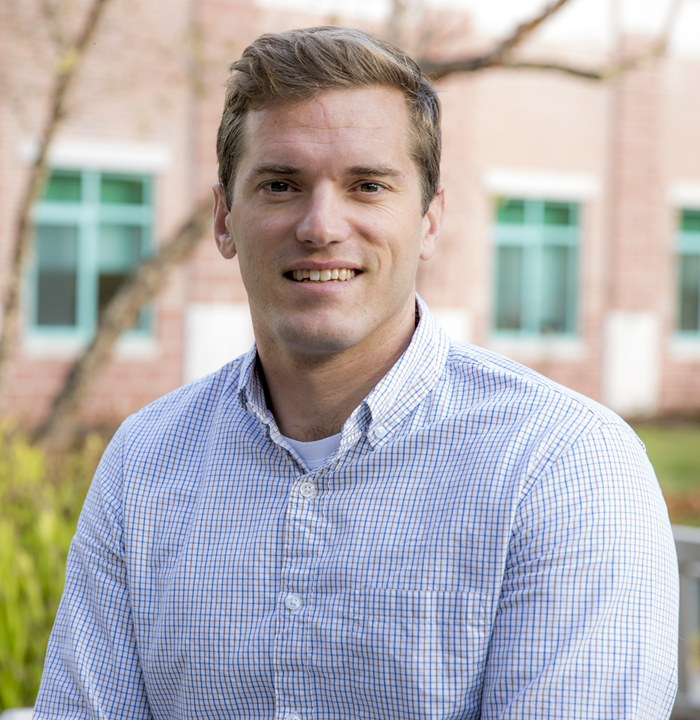Washington College graduate and Starr Center for the Study of the American Experience Digital Justice Fellow, Darius Johnson has recently been appointed to the Board of Trustees of the Maryland Historical Trust. The College congratulates Johnson, an Eastern Shore native, as he works to preserve and interpret the legacy of Maryland’s unique history by serving on the statewide board. Through research, conservation and education, the 15 board members of the Trust assist the people of Maryland in understanding their historical and cultural heritage. Johnson’s term will be for four years.
“I am humbled and incredibly honored to have been appointed by Governor Moore to the Board of Trustees for Maryland Historical Trust,” said Johnson. “I believe that all Marylanders should be reflected in the research, conservation, and education of our state’s historical and cultural heritage and I am eager to channel my energy towards the advancement of more inclusive and engaging histories that have a positive impact on our communities.”
Johnson is a scholar-practitioner focused on public history, historic preservation, community development and philanthropy. Through his work at Washington College’s Starr Center for the Study of the American Experience, he collaborates with faculty, staff, students and community members to develop the next phase of Chesapeake Heartland: An African American Humanities Project and to expand the project’s digital archive through collaborative digital repatriation partnerships with the Maryland State Archives, Maryland Center for History and Culture, and the American Antiquarian Society. His position as the Starr Center’s Digital Justice Fellow was funded with a prestigious grant from the American Council of Learned Societies.
The team behind the compelling work at the Starr Center continue to share their extensive collective knowledge of regional and national heritage with the greater Maryland community. Recently, multiple members of the team were appointed to serve as experts and changemakers on several regional and statewide boards including the Maryland Center for History and Culture, the Maryland Commission on African American History and Culture, and Preservation Maryland.a
“All of us at the Starr Center take pride in Darius’s achievements and feel lucky to have him as a colleague,” said Adam Goodheart, the Center’s Hodson Trust-Griswold Director. “He has already done important work here, and this new appointment takes his leadership to the statewide level.”
For the past two decades, the Starr Center has sought creative approaches to illuminating the past with nuance and has inspired thoughtful dialogue informed by history by offering college students dynamic immersive learning experiences unequaled at other small liberal arts schools. In addition to teaching and mentoring hundreds of Washington College students from every department and major, the Starr Center has collaborated with U.S. senators, Pulitzer-winning writers, Smithsonian curators, New York Times editors, schoolteachers, a legendary Hollywood director, an opera librettist, and even a cabaret troupe. Head to the Starr Center’s webpage to read about the Center’s Chesapeake Heartland Project, Explore American internships, numerous fellowships, the Washington Prize and more.










 Two Events Open to the Public from Visiting Professors Kenneth Andrews
Two Events Open to the Public from Visiting Professors Kenneth Andrews